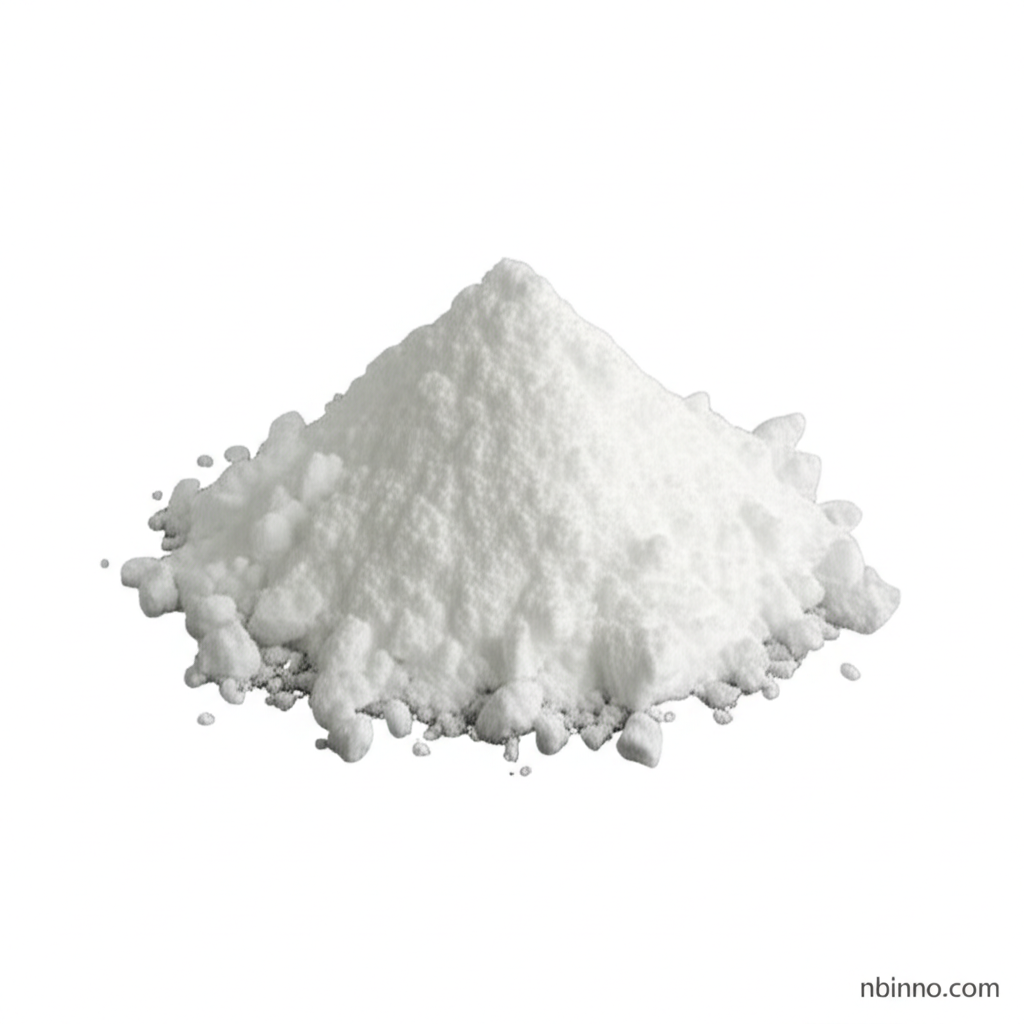Hydroquinone: A Versatile Organic Compound for Industrial and Research Applications
Discover the multifaceted applications and crucial chemical properties of Hydroquinone (CAS 123-31-9).
Get a Quote & SampleProduct Core Value

Hydroquinone
Hydroquinone is a vital organic compound extensively utilized across various sectors due to its potent reducing capabilities and redox reactivity. It serves critical functions in photographic development, acts as a polymerization inhibitor, and is a key ingredient in many cosmetic formulations for its skin-lightening properties. Its chemical versatility makes it indispensable in both industrial manufacturing and scientific research.
- Explore the comprehensive uses of hydroquinone for skin lightening, a primary application in dermatological treatments for conditions like melasma.
- Understand the diverse industrial applications of hydroquinone, including its role as a polymerization inhibitor and in chemical synthesis.
- Learn about the essential hydroquinone chemical properties, such as its molecular weight and solubility, crucial for its effective application.
- Investigate the hydroquinone safety and efficacy profile, alongside its varying regulatory status globally, to ensure responsible usage.
Key Advantages
Chemical Versatility
Hydroquinone's ability to act as a strong reducing agent and undergo redox reactions makes it a highly versatile chemical for diverse industrial and research purposes.
Dermatological Efficacy
As a recognized skin-lightening agent, hydroquinone is a cornerstone in treating hyperpigmentation, effectively addressing conditions like melasma and age spots.
Industrial Importance
Its role as a polymerization inhibitor is crucial in stabilizing monomers, preventing premature reactions and ensuring the quality of various manufactured products.
Key Applications
Photographic Development
Historically, hydroquinone has been a staple in photographic development processes, leveraging its reducing properties.
Skin Care
Widely used in cosmetic and dermatological products, hydroquinone is valued for its ability to reduce melanin production and lighten dark skin spots.
Polymerization Inhibition
In the chemical industry, hydroquinone prevents unwanted polymerization, ensuring the stability and shelf-life of various chemical formulations.
Organic Synthesis
Its reactive nature makes hydroquinone a useful intermediate in the synthesis of more complex organic molecules for research and development.
